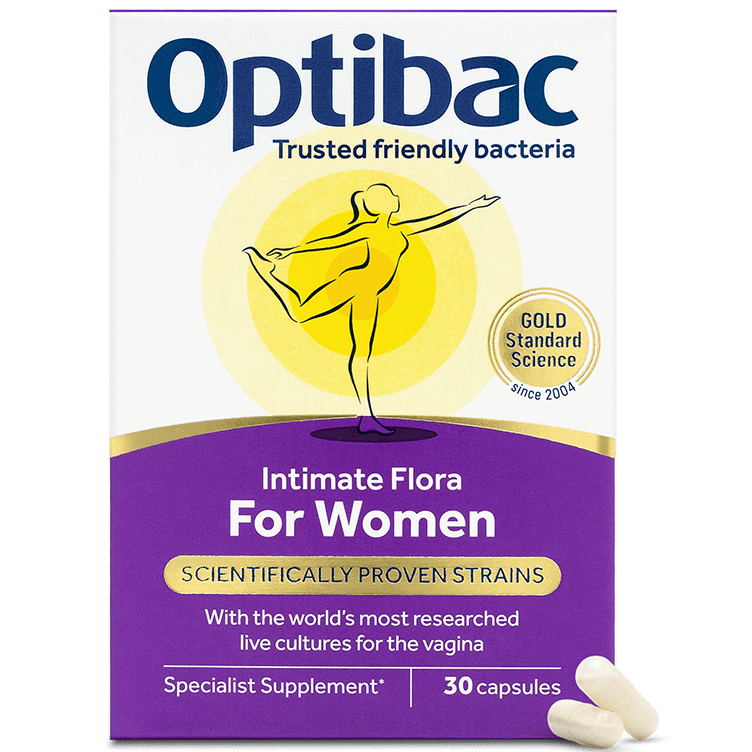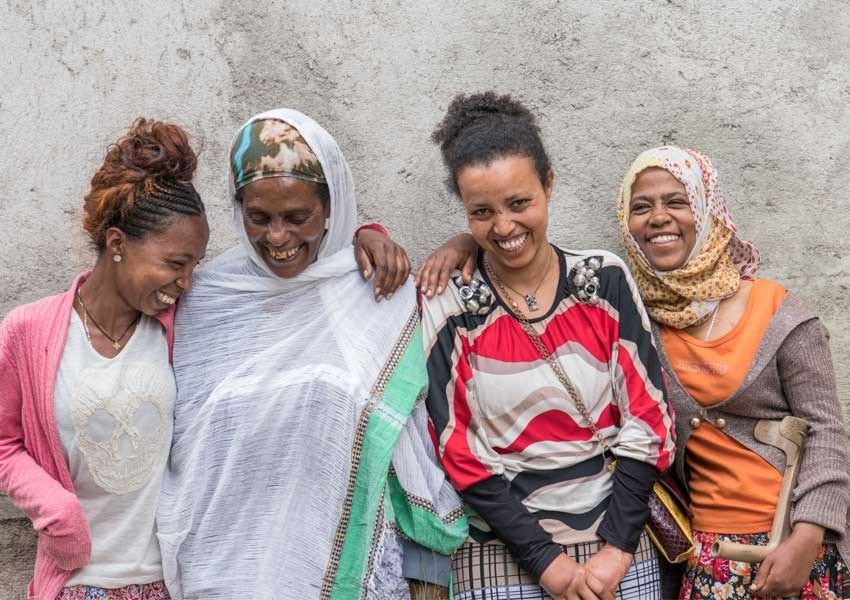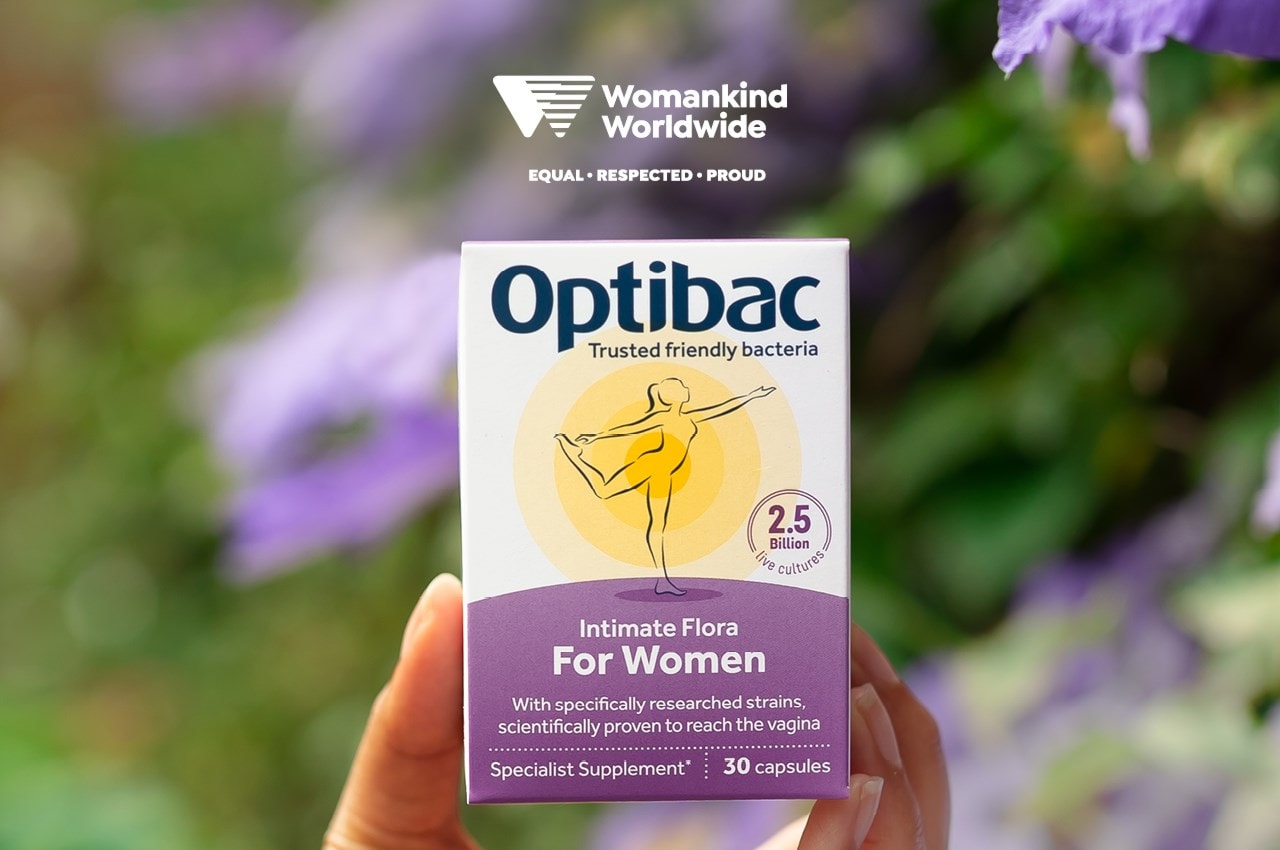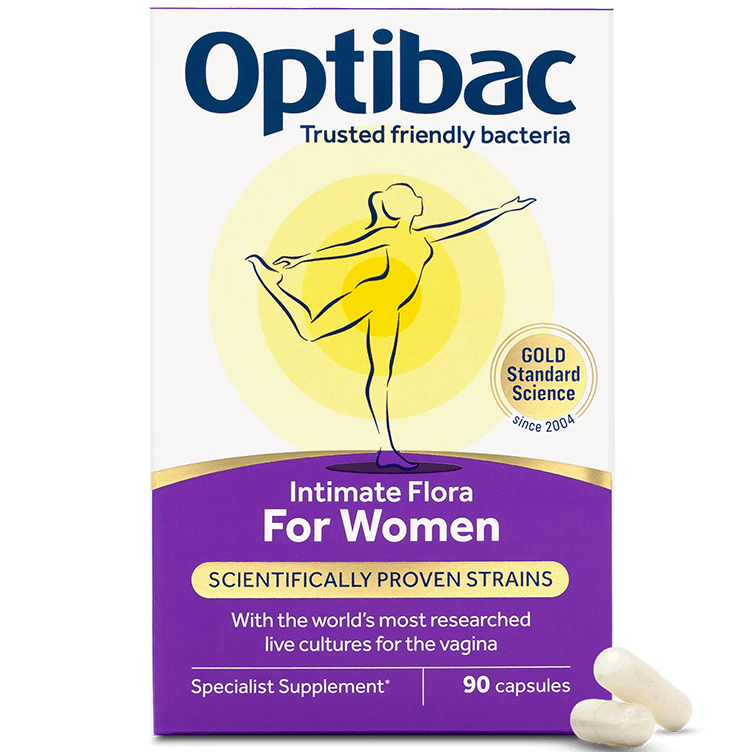
You're away from FREE US delivery Free US delivery (applied at checkout) on orders over $60.00
You have qualified for Free US delivery
Womankind partnership
Life-changing donations
Thanks to your support from purchasing of For Women, we’ve collectively raised and donated $921,786.24 (September 2023; subject to the rate of exchange) to Womankind Worldwide - and counting!

For all Womankind
Millions of women and girls are still denied their human rights because they are female. We want to see that change. That’s why we support Womankind Worldwide, a global women’s rights organisation. They play a key role in the powerful, worldwide movement to transform women’s lives.
“Our vision is of a just world where the rights of all women are respected, valued and realised.”
Womankind Worldwide work primarily with women’s rights in Africa and Asia. However, there’s no country in the world where women enjoy the same rights or opportunities as men today. So, it’s important that we all do our part to solve this global problem. We are proud partners of Womankind, donating to this wonderful organisation with every pack of For Women sold.
So, what do women’s rights and women’s probiotics have in common?
Vaginal health itself is a feminist issue, due to social stigma and misinformation on the subject. The idea that women’s genitals should look or smell a certain way has harmful consequences to the vaginal flora.
Today, women still ‘douche’ their vagina with harsh soaps and 42% admit they have never been taught how to look after their intimate health. All of this upsets the natural pH of the vagina, leading to good bacteria imbalance. This can result in conditions such as thrush, UTIs or bacterial vaginosis. Needless to say, these same risks do not exist for men.

Women’s stories
Deodanta Tukamushaba lives in Uganda, near an Oil Refinery. Deodanta has been subject to many land purchases that particularly affect women in the community. Women often work and live off the land. However, their husbands and male relatives sell land on without consulting the women at all.
Deodanta says: “[In the village] There are issues of domestic violence. Men beat their wives and sell women’s crops without their knowledge. Many developments are taking place [such as] the oil pipeline and road expansion. Developers are taking land, give poor compensation and demolish houses. I am worried about my future – that it isn’t bright.”
Deodanta has joined a women’s association to defend her rights on this matter. She explains: “I have been empowered – I used to think that the home belongs to the man; that women were underneath men. [Now I know differently]. We will fight for our rights, we know we are united and we will push for compensation.”

Optibac Probiotics For Women
For Women is an oral supplement. It contains two strains of natural bacteria, Lactobacillus rhamnosus GR-1® and Lactobacillus reuteri RC-14®. Both are hugely researched and proven to survive to reach the intimate flora, where they have been proven to help support vaginal health.
Optibac donates $0.14 for every pack sold of For Women 14 capsules, $0.28 for every pack sold of For Women 30 capsules and $0.70 for every pack sold of For Women 90s.
Support women across the world through For Women
All products-
![Optibac Probiotics | For Women won rude health award]() Bestseller
Bestseller -
![Optibac Probiotics For Women award]() Bestseller
Bestseller
